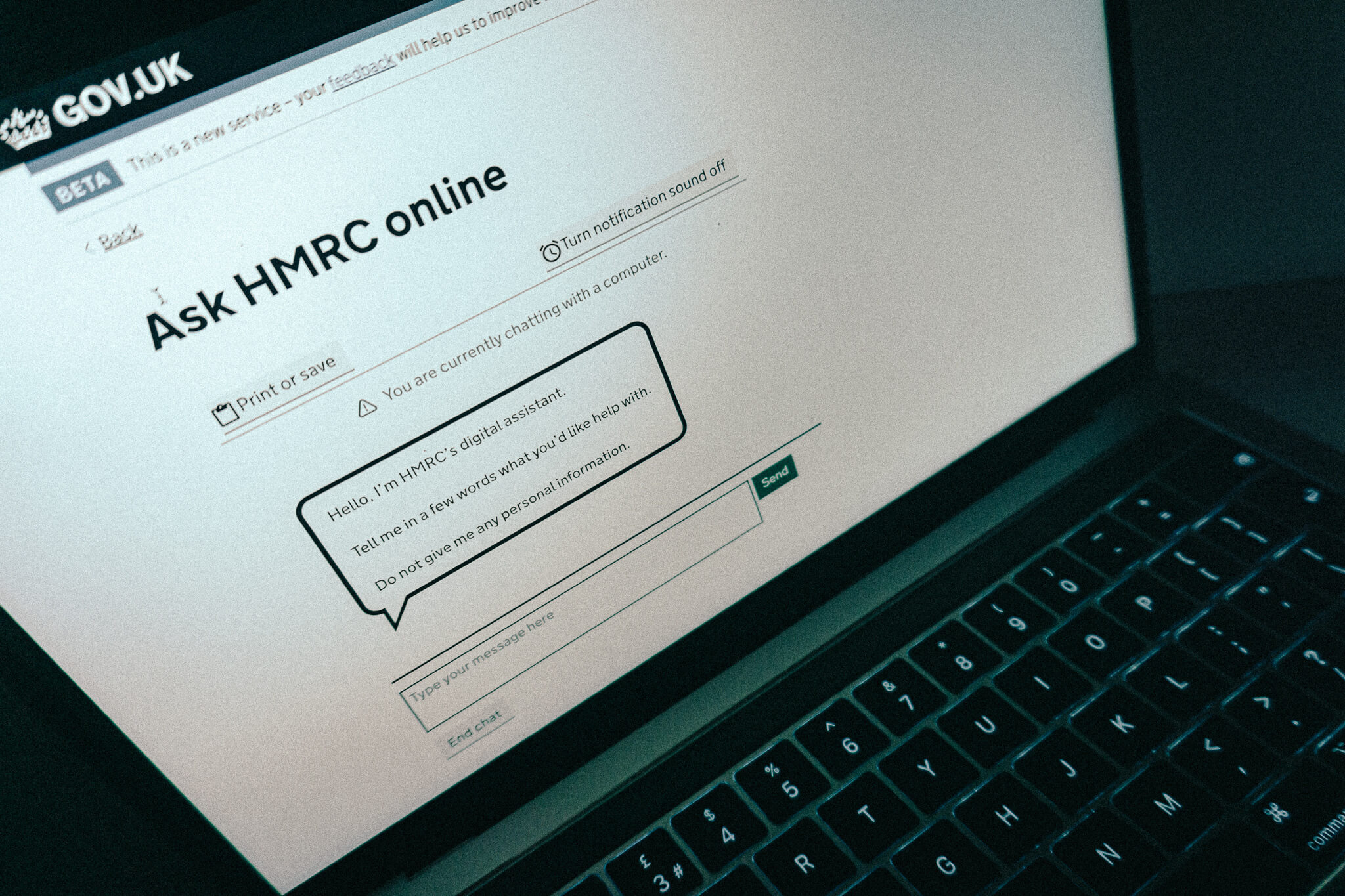The ongoing public inquiry into government’s handling of the coronavirus crisis will not receive messages from former Scottish leader Sturgeon, while senior officials have been quizzed about reportedly routine deletions
Public leaders in Scotland have become the latest senior figures to face questions from the Covid Inquiry about the deletion of WhatsApp messages containing key information about government’s response to the coronavirus pandemic.
Lesley Fraser, the director-general corporate who is responsible for organisational improvement within the Scottish Government, confirmed to the inquiry – which is currently sitting in Edinburgh – that none of former first minister Nicola Sturgeon’s WhatsApp messages in relation to her handling of the pandemic have been retained.
Sturgeon, who is slated to appear before the inquiry imminently, has previously insisted she has “nothing to hide” from the inquiry but had refused to say whether she had deleted messages. It has been reported that Sturgeon and 70 other Scottish Government figures have not retained the messages, in some cases using an auto-delete function.
Council to the inquiry Jamie Dawson KC today said it appeared all the messages had been “deleted in routine tidying up” and were unable to be retrieved.
He added: “What that tends to suggest is at the time that request was made Nicola Sturgeon, the former first minister of Scotland, had retained no messages whatsoever in connection with her management of the pandemic.”
Fraser replied: “That’s what that indicates to me.”
Related content
- PM’s Whitehall chief ‘cannot recall’ why he turned on disappearing WhatsApps during pandemic
- High Court orders government to hand over Johnson’s WhatsApp messages to Covid inquiry
- Court hears of ministers making key decisions over WhatsApp then deleting messages
Reports that the Scottish Government had failed to hand over WhatsApp messages first surfaced last autumn. Sturgeon’s successor as first minister, Humza Yousaf, has previously said that it was Scottish Government policy to “routinely delete” messages.
Giving evidence to the Covid Inquiry this week, Scotland’s national clinical director professor Jason Leitch was asked about having previously described the deletion of messages as a “pre-bed ritual”.
Last week transcripts shown to the inquiry revealed how Leitch made this claim in a group chat.
He was responding to a message by Ken Thomson, the Scottish Government’s former director general of strategy and affairs, who cautioned that the chat could be revealed through a Freedom of Information (FOI) request.
Leitch replied: “WhatsApp deletion is a pre-bed ritual.”
Under questioning this week, Leitch said that was a “slightly flippant” comment, saying: “It’s an exaggeration. I didn’t daily delete my WhatsApp.”
Leitch said that he deleted “informal messaging that had led up to” work that had been “managed and dealt with”, telling the inquiry: “This was a flippant exaggeration in an informal messaging group and it wasn’t done every day before I went to bed.”
Inquiry counsel Jamie Dawson KC said the messages suggested that group chat members were “keen” to remove text that could be revealed through FOI.
Leitch rejected this, saying: “That isn’t my position.”
However, he said he had deleted WhatsApp messages in accordance with Scottish Government retention policies, with “any advice, or any decisions or anything that should be in the corporate record” having been “placed in that corporate record by email”.
Senior officials and ministers in Westminster – including current prime minister Rishi Sunak and former PM Boris Johnson – have also failed to provide the inquiry with thousands of WhatsApp messages.
Earlier this month the Cabinet Office announced that decisions made by officials and ministers via WhatsApp must now be officially recorded, the Cabinet Office, following the scrutiny of the use of the messaging app brought about by the Covid Inquiry.

Versions of this story originally appeared on PublicTechnology sister publication Holyrood





